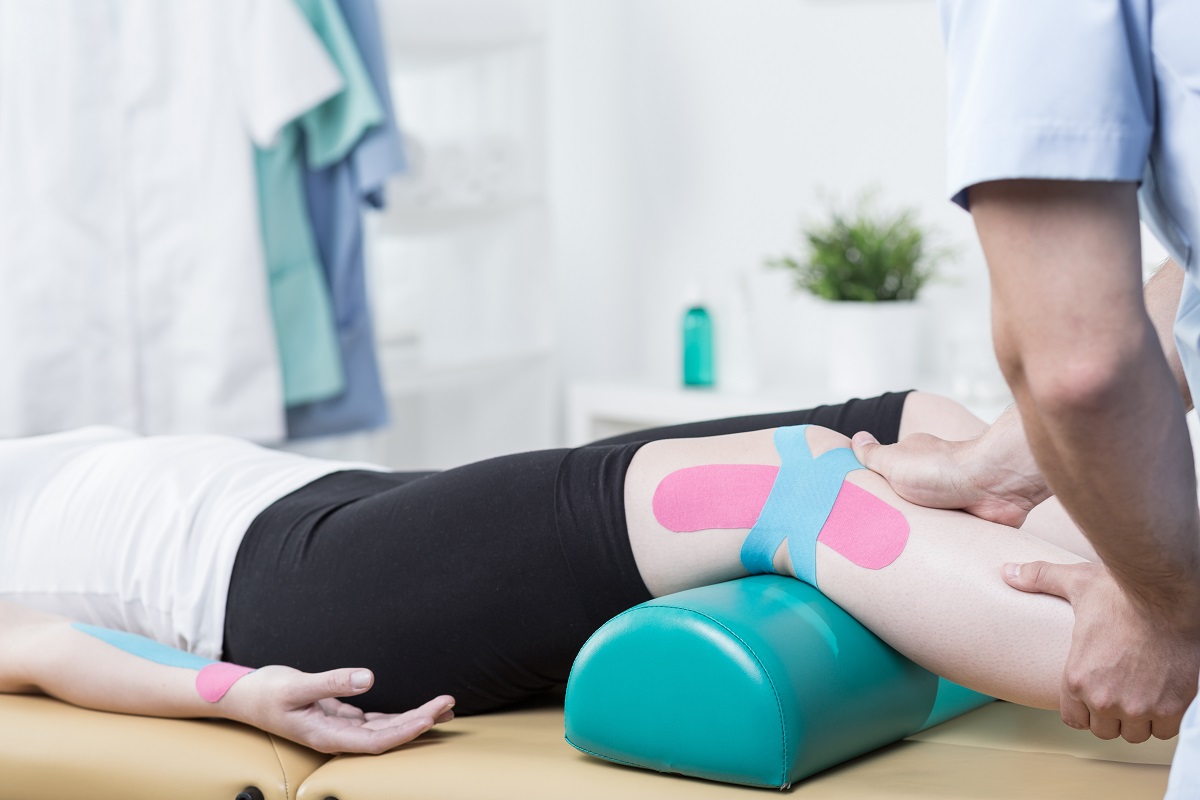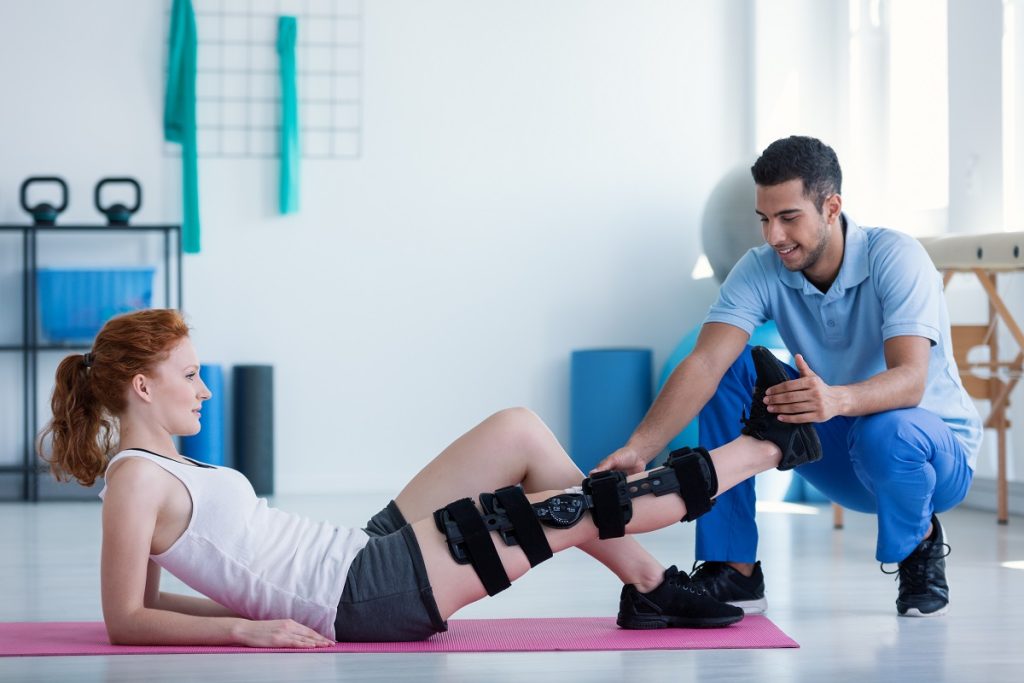- Sports injuries require professional medical help, including immediate assessments, consultations, surgery, and follow-up appointments.
- The rehabilitation process is vital, involving rest, physical therapy, and a positive mindset for adequate recovery.
- Continued care post-rehabilitation includes a healthy lifestyle, a balanced diet, regular exercise, adequate sleep, and stress management.
- Overcoming sports injuries requires professional support, personal commitment, and lifestyle changes.
Sports injuries present a formidable challenge to athletes of all levels. The impact goes beyond physical pain, whether sprained ankle, a torn ligament, or a concussion. The mental and emotional toll of the sudden halt in training and competition can be equally daunting. According to The American Journal of Sports Medicine study, over 8.6 million sports and recreation-related injuries have occurred in the U.S. yearly. This statistic underscores the prevalence of sports injuries and the subsequent challenges athletes face in recovery.
You must ensure recovery to return to your regular routine when you get injured. Here are a few steps to consider for your efforts:
Medical Intervention

Getting injured can be traumatic and scary, but it’s important to remember that medical help is available. The first step of injury recovery is seeking professional medical treatment, such as visiting a doctor or physical therapist. Your healthcare provider will evaluate the injury and advise you on the best action to take to heal properly. Here are a few steps that might happen.
Immediate Medical Assessment
Following a sports injury, a prompt medical examination is crucial. Medical professionals can accurately diagnose the severity of your injury, which is pivotal in determining the right course of treatment. This step can prevent further damage and hasten the recovery process.
Consultation with Specialists
Depending on the nature of your injury, consultation with a specialist may be required. Orthopedic surgeons, physiotherapists, chiropractors, or sports medicine doctors possess specialized knowledge and can provide targeted treatment options. They can guide you through the nuances of your health condition, offering expert advice and care.
Surgery
In severe cases, surgical intervention might be necessary. Surgery can correct physical damage that cannot be treated with conservative methods. However, surgery is usually followed by an extensive period of rehabilitation.
Follow-Up Appointments
Your recovery journey doesn’t end with the initial treatment. Regular follow-ups with health professionals are essential to monitor your progress and to make necessary adjustments to your treatment plan.
Rehabilitation Process

The rehabilitation process is integral to recovery from a sports injury, guiding you toward regaining your full strength and mobility. This phase is often a complex journey involving a series of components critical to ensuring a successful recovery.
Rest is your body’s natural way of repairing itself. During rest, the body works tirelessly to heal damaged tissues and reduce inflammation caused by the injury. Resting is not about wholly immobilizing yourself but refraining from activities that may worsen the injury or slow the healing process. Listening to your body and giving it a much-needed break to recuperate is essential.
Physical therapy is paramount in the rehabilitation process. It is a systematic approach that helps to restore your movement and function, reduce pain, and prevent further injury. Professional physical therapists are trained professionals who design tailored exercises to enhance strength, flexibility, and balance. They also teach you how to perform these exercises safely and effectively. Regular physical therapy can significantly speed up the recovery process and reduce the risk of recurring injuries in the future.
Ultimately, patience, consistency, and a positive mindset are crucial during the rehabilitation process. Remember that recovery takes time, and rushing through the process can lead to complications. Therefore, it’s advisable to trust the process, adhere to the prescribed rehabilitation routine, and maintain open communication with your health professionals to maximize your recovery outcomes.
Continued Care
Continued care post-rehabilitation is vital to maintain progress during recovery and prevent re-injury. Adopting a healthy lifestyle is essential to continued care, which can substantially increase your resilience and overall well-being.
A balanced diet rich in lean proteins, fruits, vegetables, and whole grains provides the nutrients necessary for tissue repair and strengthening. Hydration is equally crucial, as water participates in all bodily functions, including healing.
Regular exercise aids in maintaining strength, flexibility, and balance, which are vital in preventing future injuries. However, it’s crucial to gradually ease into your exercise routine, following the advice of health professionals and listening to your body’s signals to avoid overexertion.
Adequate sleep is another critical aspect of a healthy lifestyle. Your body goes through a therapeutic process during sleep, healing damaged tissues and strengthening the immune system. Therefore, ensuring you get enough quality sleep will aid in your continued recovery.
Stress management techniques such as meditation, yoga, or simple breathing exercises can also be vital to your continued care. They can help keep you mentally strong and resilient, which is crucial in navigating post-injury challenges.
By incorporating these lifestyle changes, you can ensure continued care for your injury even after the formal rehabilitation process has ended. Remember, a healthy lifestyle is about physical well-being and nurturing your mental and emotional health, essential for a successful recovery.
Final Thoughts
Recovering from a sports injury can be arduous, but you can return to your regular activities with the right approach and support. It’s essential to seek professional medical help and adhere to the rehabilitation routine your healthcare provider prescribes. Additionally, lifestyle changes such as healthy eating habits, adequate sleep, and stress management techniques can ensure continued care and enable you to remain physically and mentally resilient. You can overcome any sports injury with the right mindset, patience, and consistency.

